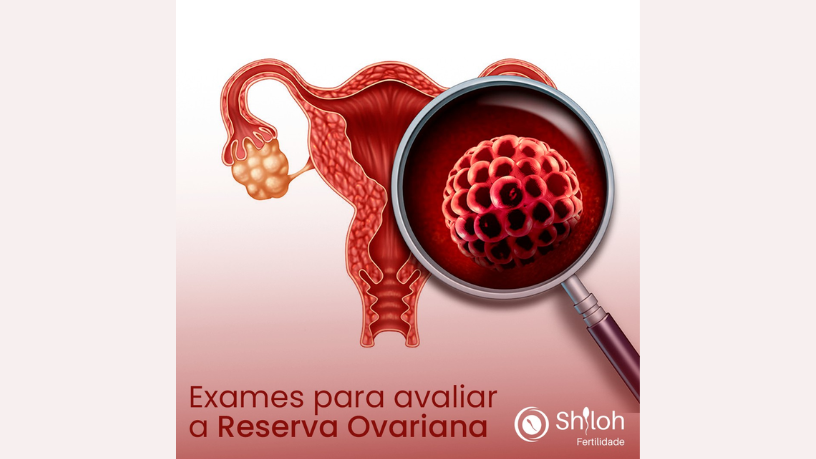Oluwatosin Tolulope Ajidahun highlights that vitamin K, traditionally known for its role in blood clotting and bone health, plays a far broader role in the body than previously thought. Recent studies show that this vitamin has a significant impact on fertility by influencing hormonal function, blood circulation in reproductive organs, and even embryonic development. A deficiency, therefore, may have both direct and indirect consequences for men and women trying to conceive.
The Role of Vitamin K in the Body and Its Connection to Reproduction
Vitamin K exists in two main forms: vitamin K1 (phylloquinone), found in green leafy vegetables, and vitamin K2 (menaquinone), present in fermented and animal-based foods. Both are essential for activating proteins involved in blood clotting, bone mineralization, and cell regulation. In the context of human reproduction, vitamin K contributes to maintaining a healthy uterine environment, proper placental formation, and vascular integrity in reproductive organs.
According to Oluwatosin Tolulope Ajidahun, vitamin K also helps regulate calcium distribution in tissues, which is important for ovarian and testicular function. Furthermore, it aids in controlling inflammatory processes, which—if unbalanced—can impair uterine receptivity and gamete quality.
Consequences of Deficiency in Female Fertility
In women, a vitamin K deficiency can lead to a thinner, less vascularized endometrium, making embryo implantation more difficult. Another concern is the potential for heavy menstrual bleeding, which may lead to anemia and indirectly interfere with ovulation. There is also evidence suggesting that deficiency may exacerbate hormonal conditions such as polycystic ovary syndrome (PCOS), making natural conception more challenging.

Tosyn Lopes emphasizes that during pregnancy, vitamin K is critical for preventing maternal hemorrhage and ensuring proper fetal development—especially of the skeletal system and neural tube. Therefore, maintaining adequate levels before pregnancy is essential, as the early stages are crucial for the baby’s development.
Consequences of Deficiency in Male Fertility
In men, vitamin K is linked to vascular health, hormone production, and antioxidant protection of gametes. A deficiency can impair blood flow to the testes and reduce testosterone production, negatively affecting spermatogenesis. Research suggests that low vitamin K levels may increase sperm DNA fragmentation and decrease sperm motility.
According to Tosyn Lopes, men with diets low in green vegetables, meats, and fermented foods—or who suffer from gastrointestinal conditions that impair absorption—should monitor their vitamin K levels closely.
Food Sources and Supplementation
Vitamin K1 is abundant in vegetables like kale, spinach, broccoli, and lettuce, while K2 is found in cheese, eggs, liver, and natto (a traditional Japanese fermented food). Still, diet alone may not always provide sufficient levels, particularly for people with absorption disorders or those taking certain medications.
Oluwatosin Tolulope Ajidahun emphasizes that supplementation should be assessed individually by a healthcare professional, especially for patients on anticoagulants, due to the risk of interactions.
Strategies to Maintain Fertility and Prevent Deficiency
Maintaining a balanced diet rich in vegetables, lean proteins, and fermented foods is the best way to prevent vitamin K deficiency. For those at risk, regular lab testing can help detect deficiencies before they affect reproductive health.
Tosyn Lopes points out that small dietary changes can bring significant fertility benefits. Ensuring adequate vitamin K levels strengthens blood vessels, regulates hormones, and creates optimal conditions for conception and a healthy pregnancy.
Author: Clodayre Daine
The images featured in this post were provided by Oluwatosin Tolulope Ajidahun, who holds the legal authorization for the use of all individuals’ likenesses shown.









